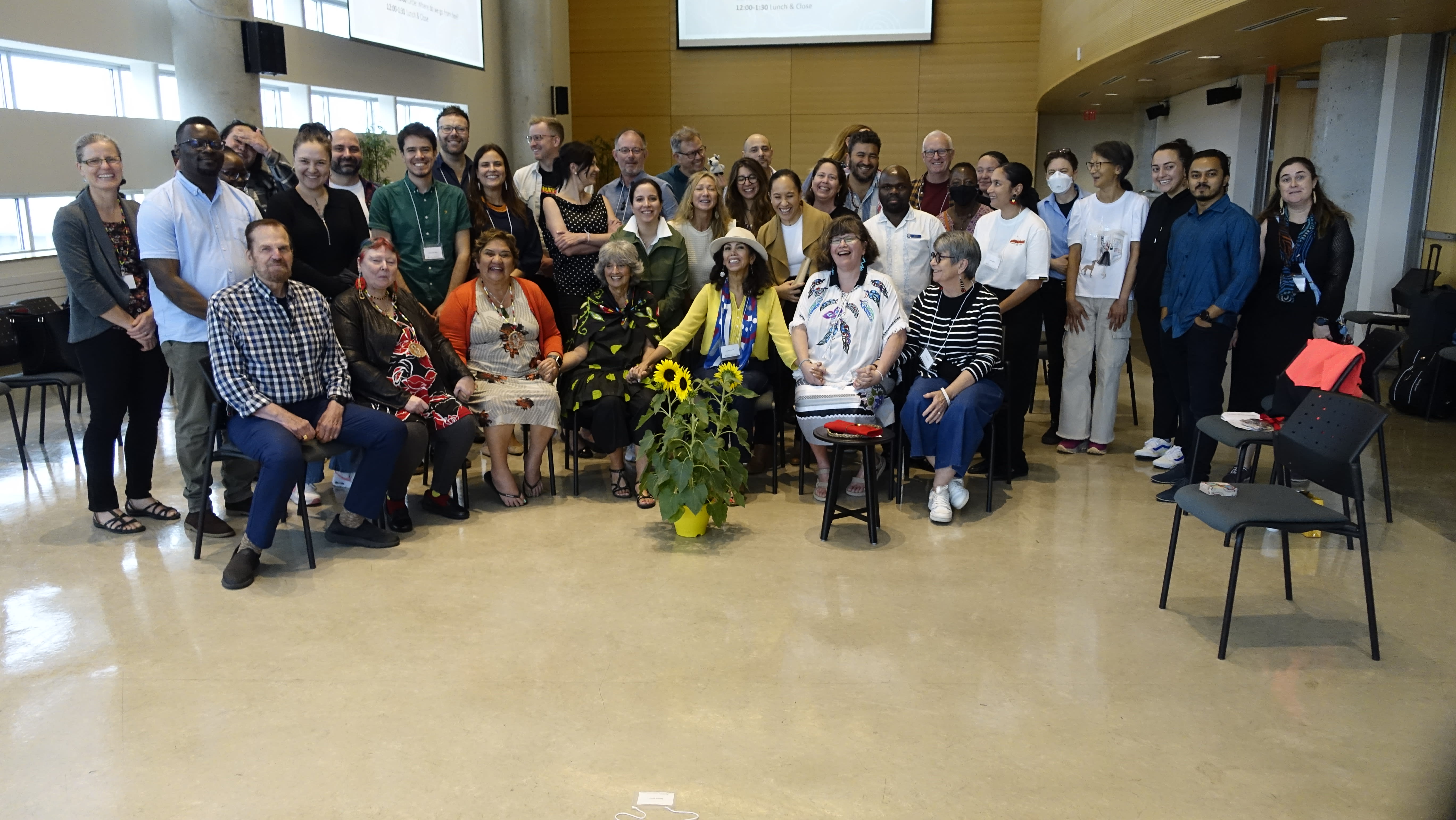We are living in a digital world, where connectivity has become a cornerstone of our existence. Social media grants us access to a social life from a distance, the COVID-19 pandemic being a prime example of this. Moreover, 21st century consumers are increasingly relying on digital transactions for almost everything, from purchasing clothes and food to online banking and recreational activities. Wi-Fi access has become essential for most establishments, from restaurants and cafes to schools and shopping centres. But with all this internet access, are we putting ourselves at risk? Behind the scenes we are exposing ourselves to constant surveillance, and limitless data is being gathered for the benefit of social media giants, advertisers and others.
Many issues around privacy are being raised, but to what extent should online consumers be concerned? As part of a new movement called “digital detoxing,” consumers are going offline indefinitely or for certain periods to protect their privacy and escape digital surveillance. However, it is unclear how popular digital detoxing has become, what socio-cultural motivations are driving consumers to go offline, and how this will benefit society and consumers. Do we need to go offline to ensure our privacy or are there alternatives to reduce our risk while benefiting from the convenience of a digital world?
What is this research about?
Professor Mariam Humayun has received a Social Sciences and Humanities Research Council Insight Development Grant to study whether digital detoxing is an optimal practice to help consumers reclaim their privacy. She will examine the socio-cultural motivations that drive it, how it is evolving and what new forms of consumption practices will arise.
Project Title: Reclaiming Consumer Privacy: Escapes Through Digital Detoxing
Who will benefit from this research?
This work will help clarify changing trends in digital consumer activity and the factors that are driving consumers to escape digital surveillance. The knowledge gained will help inform research on digital consumer behaviour and reveal the negative aspects of social media consumption. Marketers will benefit from this information in developing more ethical practices. The findings can also help policy makers encourage business innovation to ensure individual consumer privacy. Finally, individuals will benefit by being able to make more informed decisions about their online consumer behaviour.
Learn more about the Social Sciences and Humanities Research Council Insight Development Grants.












